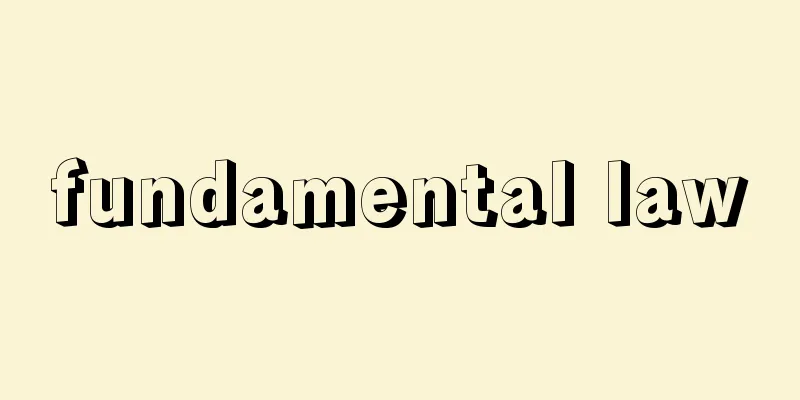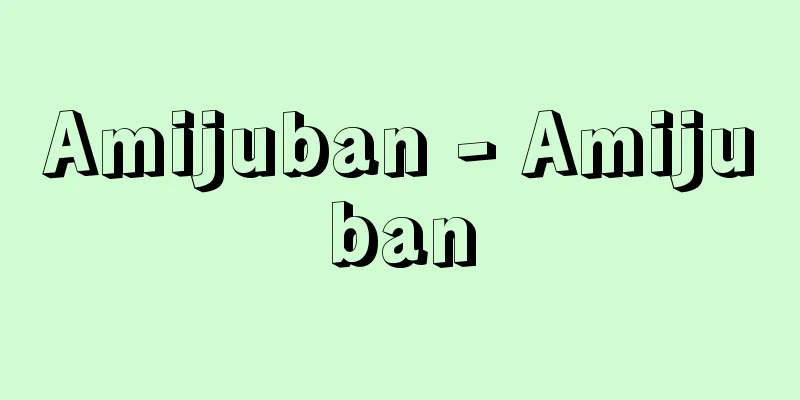fundamental law

|
…(1) It is sometimes used synonymously with constitution or fundamental law to mean the law that determines the basic organization of a state (fundamental law). In 16th and 17th century Europe, it was considered to have a higher power than other laws and that even the monarch could not unilaterally change it, but it was adopted by the natural law ideas of J. Locke and others and the results of the civil revolution, and became linked to the concept of the modern constitution. … *Some explanations of terms that mention "fundamental law" are listed below. Source | Heibonsha World Encyclopedia 2nd Edition | Information |
|
…(1)憲法,根本法と同義に,国家の基本組織を規定する法(fundamental law)の意味で用いられることがある。16~17世紀のヨーロッパでは,他の諸法よりも高次の効力を有し,君主ですら一方的に変更しえない法と観念されていたが,J.ロックなどの自然法思想と市民革命の成果に採り入れられ,近代憲法の概念と結びついた。… ※「fundamental law」について言及している用語解説の一部を掲載しています。 出典|株式会社平凡社世界大百科事典 第2版について | 情報 |
Recommend
Eka - Drawing
…The most revered sacred place of Kannon is Mount...
Selbständiges Theater (English)
...The Protto (Japan Proletarian Theater League),...
Gall - Gall
Galls are mainly formed by insects laying eggs an...
hepatic lobule
...There are also lymphatic vessels along the hep...
Interval scale
An interval scale is a scale in which only the dif...
Fishing season
It refers to the period suitable for catching use...
Pilot Exam (English spelling)
…The author learned navigation by riding on board...
Sigfrid Siwertz
1882‐1970 Swedish author. Born in Stockholm. Known...
Sponge - Sponge
A general term for the lowest class of multicellul...
Battle of Koshamine - Battle of Koshamine
A large-scale rebellion (1456-1458) by the Ainu of...
Kandalanu
…He was a Chaldean of the Jachin tribe. He held t...
Fool literature - Gushabungaku (English spelling) Narrenliteratur
A trend in German literature, mainly from the 15th...
O'Neill, H.
…Together with the O'Donnells, they resisted ...
Hexaplex trunculus; trunculus murex
Mollusca, Gastropoda, Muricidae. Shell height 7.5c...
Matsuyama [town] - Matsuyama
A former town in Akumi County, in the eastern part...









